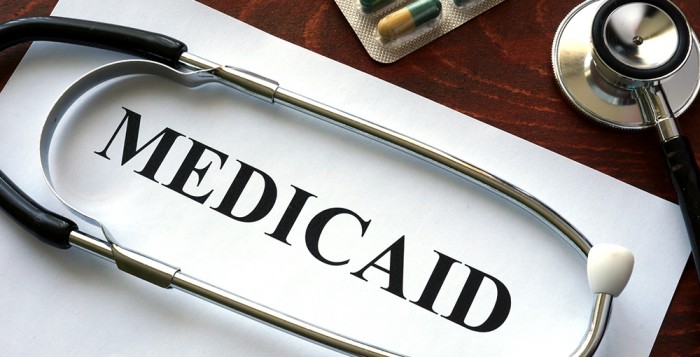On February 8, the Department of Human Services (DHS) Secretary Ted Dallas announced the availability of onboarding grant funds to help connect hospitals and ambulatory practices to the Authority’s Pennsylvania Patient & Provider Network, or P3N.
The P3N enables electronic health information exchange (eHIE) across the state through the connection of health care providers to health information organizations (HIO), and the participation of the HIOs in the P3N.
“These grants will assist providers in the efficient delivery of quality services to the individuals we serve across the commonwealth,” said DHS Secretary Ted Dallas. “As more providers participate, individuals will experience better coordination of care and a better quality of health care.”
The grant program, available to Pennsylvania HIOs to enable the connection of inpatient hospital/facilities and outpatient practice or other outpatient provider organizations participating in the Medicaid Electronic Health Records (EHR) Incentive Program, includes:
- Up to $75,000 to connect each eligible inpatient hospital or other inpatient facility to an HIO;
- Up to $35,000 to connect each eligible outpatient practice or other outpatient provider organization to an HIO; and
- Up to $5,000 to enable other eligible providers that do not fit into the two categories above, but want to enable HIE participation and connect to an HIO via a portal.
Each eligible provider will connect via an HIO to the P3N.
Only a single award is permitted to any one hospital/facility or outpatient practice. The anticipated performance period for this grant runs through September 30, 2017.
The grant will:
- Help providers deliver higher quality and more efficient care, particularly through better care coordination for patients covered by Medicaid;
- Support provider participation in private-sector HIOs by offsetting connection costs;
- Incentivize HIOs to join the P3N, a precondition for receiving funding;
- Support rapid movement toward the participation in eHIE, and support various care reform efforts currently underway across the Commonwealth; and
- Defray up-front costs for individual providers to join an HIO, thus helping to achieve meaningful use and satisfy obligations under the Medicaid EHR Incentive Program.
This program will be made possible through an $8.125 million grant from the federal Centers of Medicare & Medicaid Services (CMS). Under the terms of the federal grant, CMS will provide 90 percent of the onboarding grant, with the remaining 10 percent funded by the Commonwealth. The grant applications and supporting materials are available online here.
(Information courtesy of DHS)

















